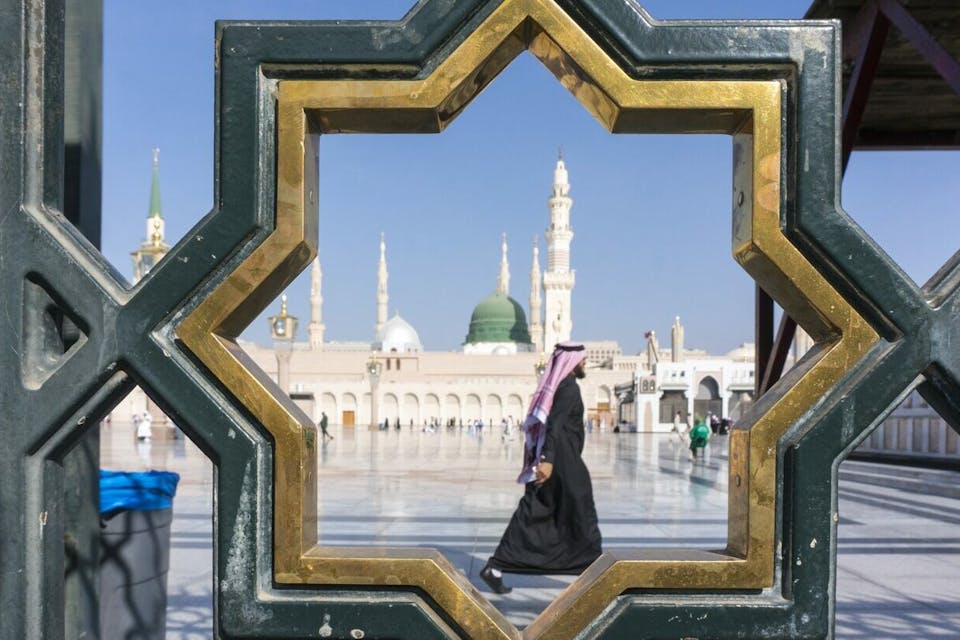
June 17, 2025
Why the Attacks on Iran Won’t Lead to an Arab Embrace of Israel
The rulers of the Gulf states are cheering every Israeli strike. But they now have less incentive to improve diplomatic relations with Jerusalem.
Israel’s unprecedented military operation against Iran was comprehensive, surgical, and strategically devastating. Multiple waves of precision airstrikes, combined with meticulously planned covert ground actions, dismantled much of Iran’s nuclear infrastructure, and decapitated its Revolutionary Guard Corps and military leadership. While many of those who understand the evils of the Islamic Republic of Iran have responded with euphoria and talk of a “new Middle East,” prudence demands caution. Enthusiasm obscures deeper complexities, and transformative moments rarely unfold according to our most optimistic visions. What emerges from the current military campaign will surely not reflect the simplistic fantasies of the moment, but rather the shifting realities of regional politics and enduring patterns of Arab geopolitical behavior.
There should be little doubt that leaders, diplomats, and strategists across Arab Gulf capitals have hardly slept since Friday, not merely from heightened alertness, but from sheer euphoria. For decades, Iran has cast an ominous shadow over their strategic calculations, an enduring threat they knew they were unable to deter or even meaningfully to contain. Israel’s actions, swift and deadly, have effectively liberated the Gulf states from this menacing constraint. With a single stroke, the geopolitical framework that had severely restricted Arab Gulf states’ horizons for decades has collapsed, fundamentally redefining their strategic landscape
It would be natural to hope that the Gulf states, free of the Iranian threat and full of appreciation for what Israel can deliver, would at last embrace the Jewish state enthusiastically. Many pundits responded almost immediately to the Israeli attacks with hopeful predictions of a new era of Arab-Israeli amity. Unfortunately, such predictions are premature. It is much more likely that, despite private admiration and cooperation, public acknowledgment and overt alignment with Israel will remain restrained. Arab regimes will undoubtedly deepen their security and intelligence coordination with Jerusalem, expand economic ties, and strengthen diplomatic engagement quietly and incrementally. These steps will reflect calculated geopolitical realism far more than fleeting enthusiasm.